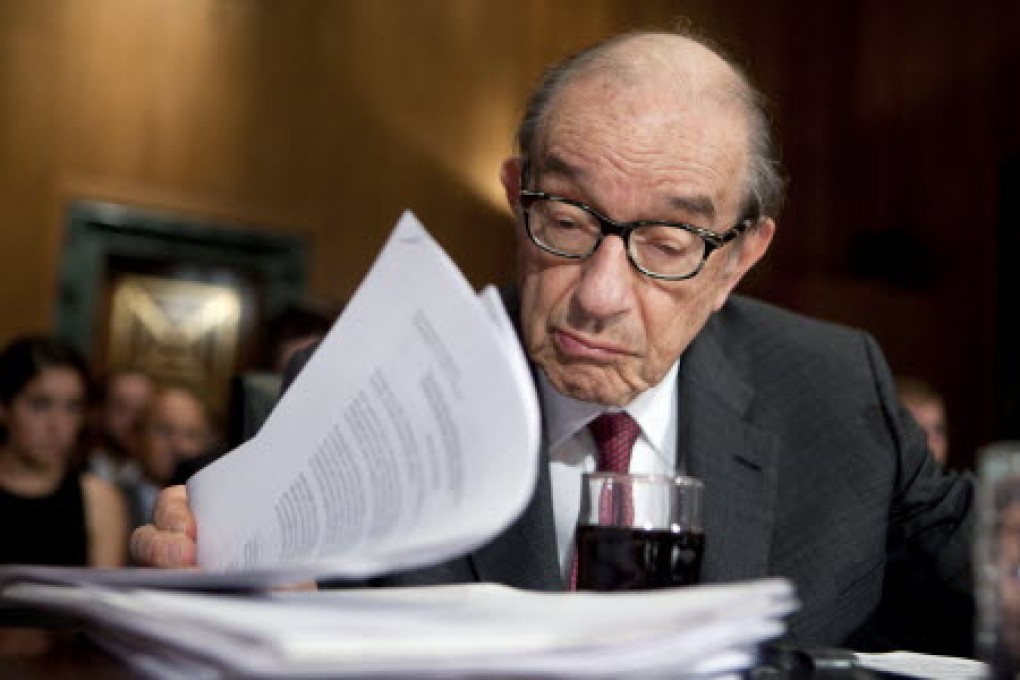Macroscope | Restrictive banking policies lead to low growth

We are still in the grip of the Great Recession. Economic growth remains anaemic and below its trend rate in most parts of the world. And what’s more, this state of subdued economic activity has been with us for more than seven years.
True to form, central bankers have steadfastly denied any culpability for creating the bubbles that so spectacularly burst during the panic of 2008-09. What’s more, they have repeatedly told us that they have saved us from a Great Depression.
To understand why, we need look no further than Milton Friedman.
The Federal Reserve Board is the source of 98 per cent of all writing on the Federal Reserve Board
In a 1975 book of essays in honour of Friedman, Gordon Tullock wrote: “On several occasions in my hearing (I don’t know whether it is in his writing or not but I have heard him say this a number of times) Milton Friedman has pointed out that one of the basic reasons for the good press the Federal Reserve Board has had for many years has been that the Federal Reserve Board is the source of 98 per cent of all writing on the Federal Reserve Board.”
Subsequent research found that, in 2002, 74 per cent of the articles on monetary policy published by US economists in US-edited journals appeared in Fed-sponsored publications, or were authored (or co-authored) by Fed staff economists.
The explanations of the Great Recession have been all over the map and surprisingly incoherent.
The literature – from Alan Greenspan’s 2013 book The Map and The Territory to the 2009 tome Animal Spirits by George Akerlof and Robert Shiller – is punctuated with a great deal of conjecture about changes in investors’ animal spirits and how these wrecked havoc during the Panic of 2008-09 and the ensuing Great Recession.
Much of this is borrowed from a recent fashion in economics – behavioural finance – but goes back to earlier theories of the business cycle that stress the importance of changes in business sentiment.
